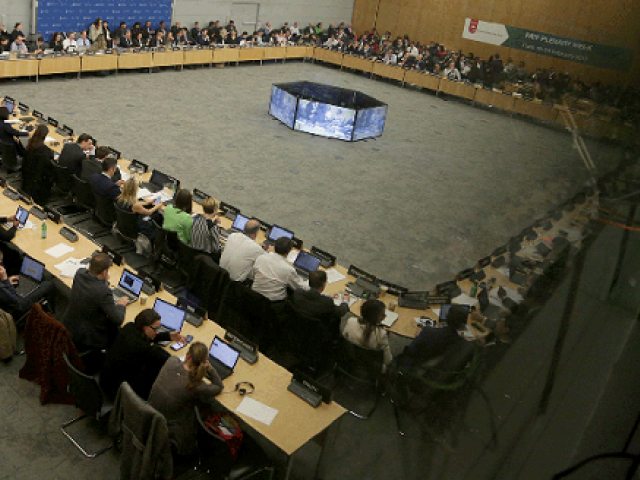The hanging sword of FATF
The situation becomes all the more critical when seen in the context of the country’s current economic data

The situation becomes all the more critical when seen in the context of the country’s current economic data. PHOTO: FILE
It is perhaps because of our entanglement with the FATF that the IMF was seen to be dragging its feet on the matter of finalising a programme that we needed urgently as our foreign exchange reserves of around nine billion dollars mobilised through short-term loans from friendly countries have already disappeared.
What is extremely worrying is the very governing structure of the APG which is exceptionally unfriendly. A very hostile US is the President of the FATF represented by Marshall Billingslea, a serving Assistant Secretary of US Treasury who also heads the office of Terrorist Financing Crimes. Australia which is part of the anti-China (read Pakistan as well) Indo-Pacific alliance is the President of the APG and India which has already vowed to isolate Pakistan economically is the Co-chair of the APG. With such a formidable combination of hostile forces sitting on the review panel, one cannot rule out the possibility of handing out a rigged judgment. The only redeeming feature in the administrative set-up is China which sits on the FATF as its Vice-President represented by Liu Xiangmin, Director General of the Legal Department at the People’s Bank of China.
Equally worrisome is the fact that the European Commission (EC) has already placed Pakistan in its list of inadequate jurisdiction on Anti-Money Laundering and Counter Terror Financing regimes. If in such a situation we are pushed into the ‘black list’ by the FATF for no genuine fault of ours, it will unleash serious economic and financial impact down the stream causing immense damage to Pakistan’s economy.
The most obvious result would be the cost of doing a financial transaction through established banking/ financial system, increased premium on Pakistani instruments in the international capital markets, and the multilateral financing organisations would add risk premiums to any money borrowed. Black listing will squeeze Pakistan’s economy further and make it harder for the country to meet its mounting foreign financing needs, including potential future borrowings from the IMF. And if we remain in the ‘grey list’ it could lead to a downgrade in Pakistan’s debt ratings, making it more difficult to tap into the international bond markets. Further, it would lead to the downgrading of Pakistan’s financial viability.
The situation becomes all the more critical when seen in the context of the country’s current economic data: exports $23 billion, imports $42 billion, remittances $19 billion, fiscal deficit 6% of GDP, tax-to-GDP ratio 12% and inflation 8%.
And if this data is analysed against the projections of GDP growth rate by the three major multilateral aid agencies, we seem to be falling off the cliff sooner than later. According to World Economic Outlook report of the IMF, Pakistan’s GDP will grow at 2.9% in FY 19 and 2.8% in FY20. Similar preojections have been made by the World Bank and the Asian Development Bank.
This would mean Pakistan’s GDP currently estimated at $320 billion would shrink by 2020 to around $280 billion which would mean our revenue collection ability would decline further even with accelerated efforts to expand the tax base ending next financial year with a fiscal deficit much larger than the current estimate of an unsustainable 6%.
In the meanwhile, the indirect costs like increase in inflation, increase in the discount rates, decline in industrial productivity, decline in exports, deterioration in currency etc, and stagnant inflow of FDI will adversely impact the overall economy.
Published in The Express Tribune, May 11th, 2019.
Like Opinion & Editorial on Facebook, follow @ETOpEd on Twitter to receive all updates on all our daily pieces.















COMMENTS
Comments are moderated and generally will be posted if they are on-topic and not abusive.
For more information, please see our Comments FAQ